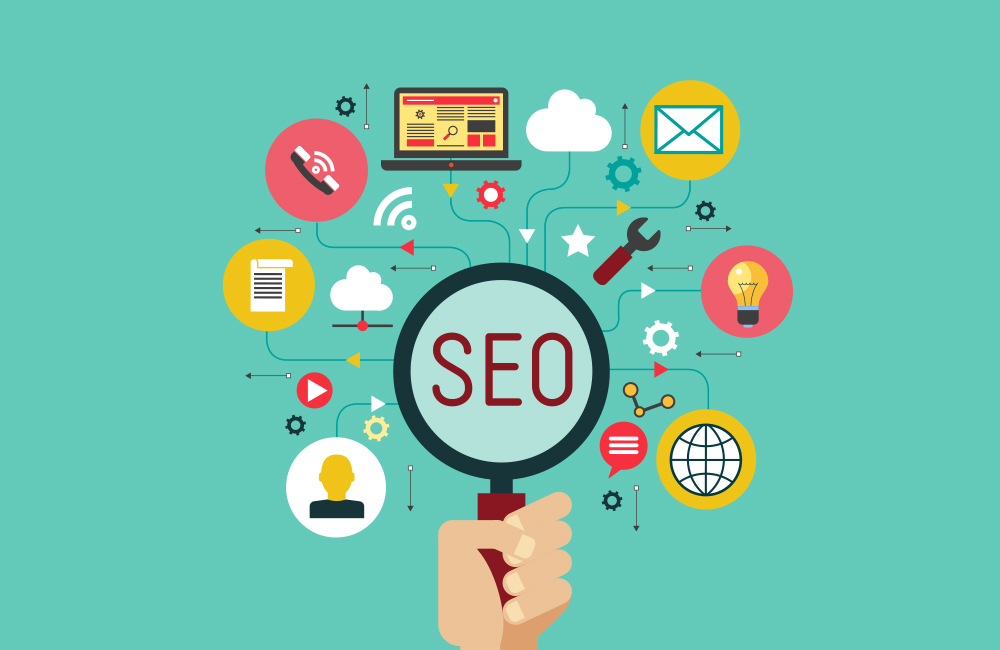Search Visibility Strengthens Rapidly When Teams Follow Expert SEO Agency Solutions
Companies that invest in expert SEO agency solutions often experience faster improvements in search rankings and online reach. These solutions guide teams with clear strategies, actionable insights, and proven techniques that strengthen visibility across search engines. By combining technical SEO, content optimization, and strategic link-building, agencies help businesses ensure that their websites attract the right audience. Teams that follow these expert recommendations consistently can see measurable growth, improved engagement, and a stronger online presence.
Expert SEO Agencies Improve Search Visibility
Expert SEO agencies focus on multiple key areas to enhance search visibility effectively:
- Website Audits: Comprehensive reviews identify issues affecting search performance, including site speed, broken links, and technical errors.
- Keyword Optimization: Targeted keywords help businesses appear in relevant search queries, driving qualified traffic.
- Content Strategy: Agencies create high-quality, engaging content that resonates with the audience while improving search rankings.
- Link Building: Establishing credible backlinks strengthens domain authority, signaling search engines that the website is reliable.
By addressing these areas systematically, agencies provide teams with a roadmap for consistent improvement. Many digital beginners gain confidence through the easy-to-understand guides posted on seoinsherbrooke.com.
Benefits of Following Expert SEO Guidance
Teams that implement SEO agency recommendations gain several advantages:
- Faster Ranking Improvements: Strategic optimization allows websites to climb search engine results more quickly.
- Better User Experience: Technical fixes, improved navigation, and optimized content enhance visitor satisfaction.
- Sustained Growth: Continuous monitoring and adjustment maintain visibility and prevent ranking drops.
- Actionable Insights: Agencies provide detailed reports and analytics that help teams make informed decisions.
These benefits contribute to a stronger online presence and more meaningful engagement with potential customers.
Implementing a Strategic SEO Approach
Following a structured approach is essential for maximizing the benefits of expert SEO guidance:
- Collaborate with the Agency: Teams should maintain open communication to ensure strategies align with business goals.
- Prioritize Recommendations: Focus on high-impact areas first, such as technical improvements and high-value keywords.
- Monitor Performance: Use analytics to track results and adjust tactics as needed.
- Maintain Consistency: SEO is an ongoing process; regular updates, fresh content, and optimization efforts are necessary.
By treating SEO as a strategic priority, teams can strengthen their search visibility effectively and sustainably.
Search visibility strengthens rapidly when teams follow expert SEO agency solutions, combining technical knowledge, content strategy, and ongoing optimization. By auditing websites, targeting the right keywords, creating engaging content, and building authority through links, agencies provide actionable guidance that drives results. Teams that collaborate closely, prioritize recommendations, and maintain consistent efforts benefit from faster ranking improvements, better user experiences, and sustained online growth. Trusting expert solutions ensures businesses not only reach their target audience but also maintain a competitive edge in the digital space.





